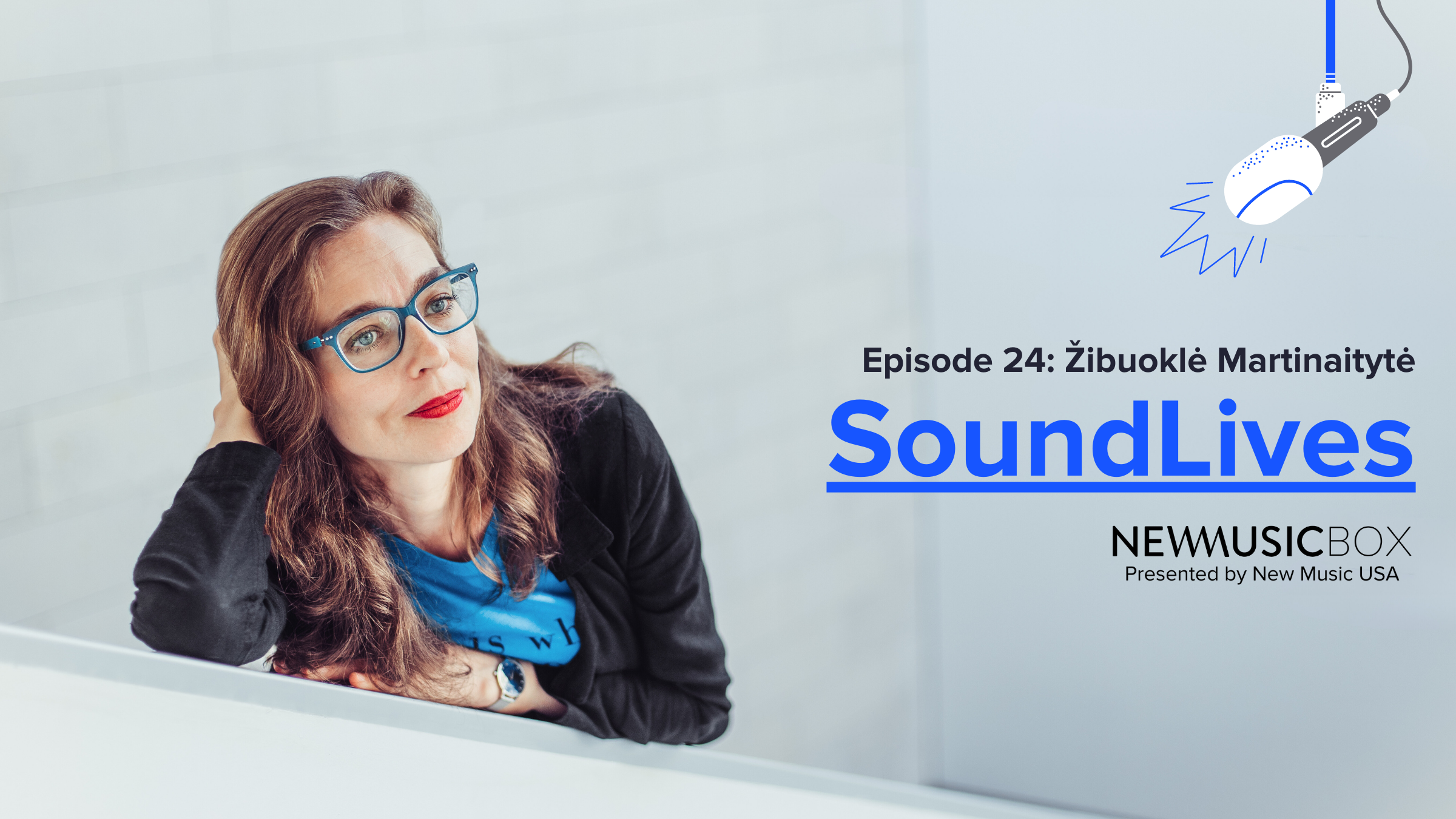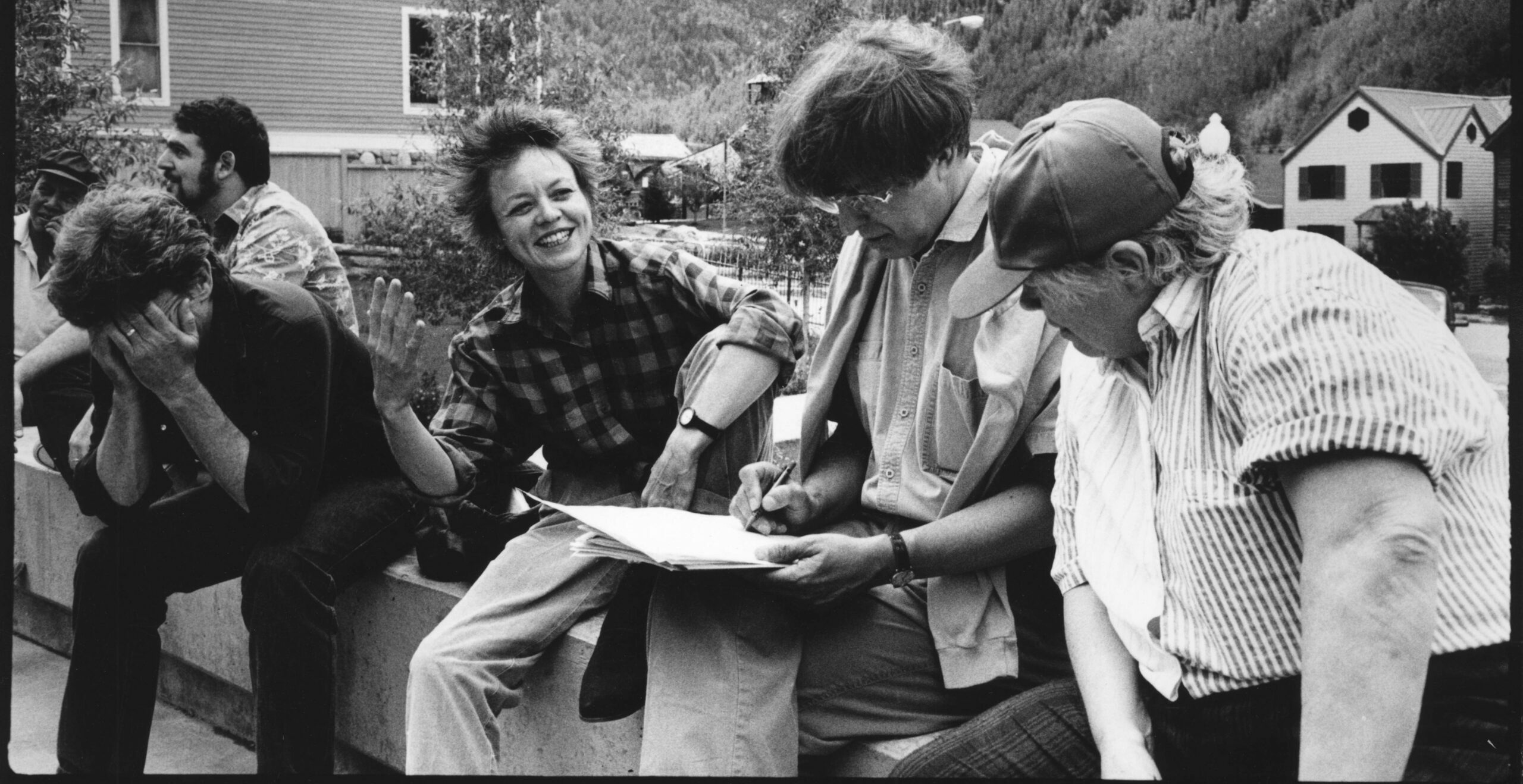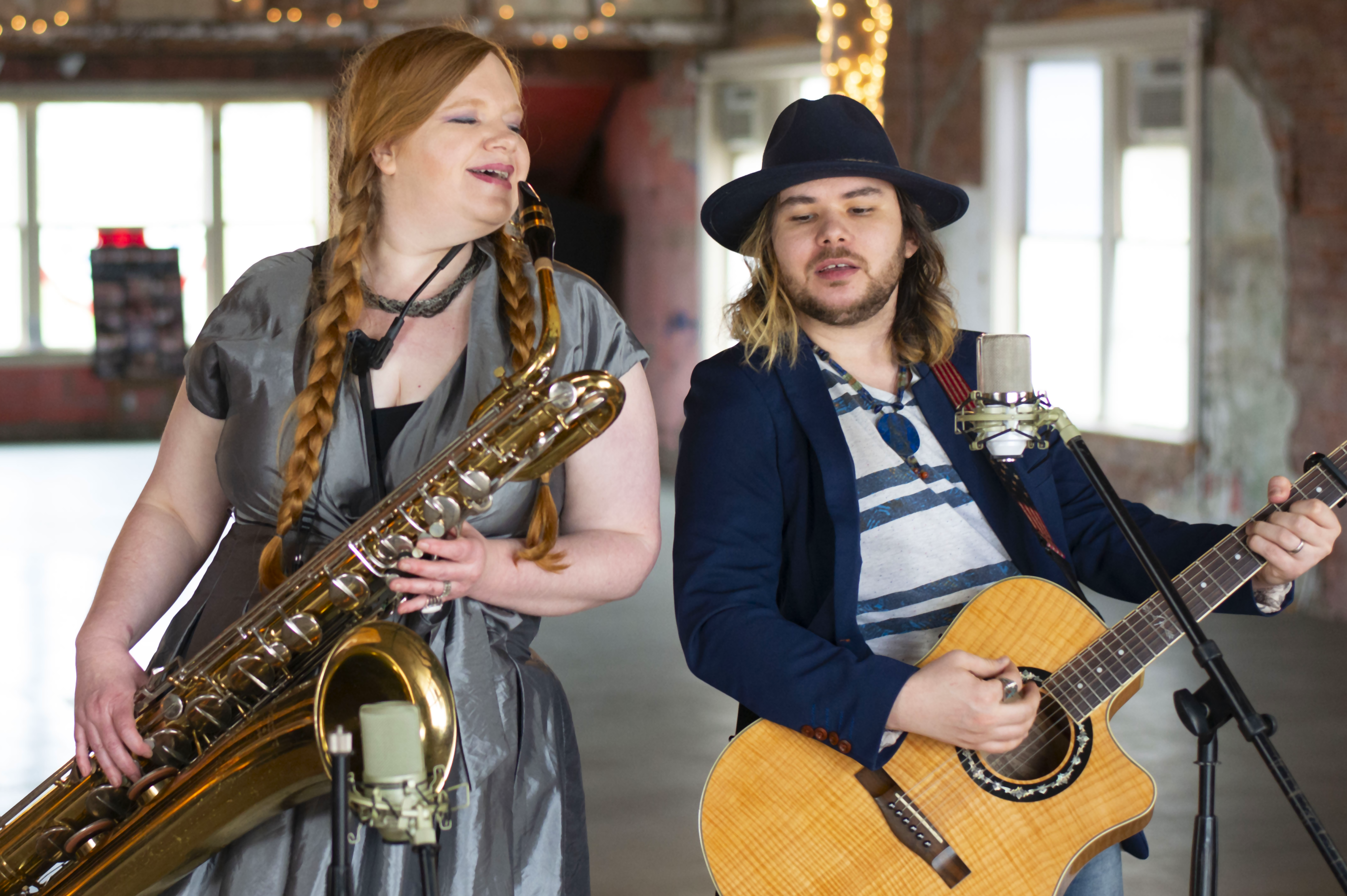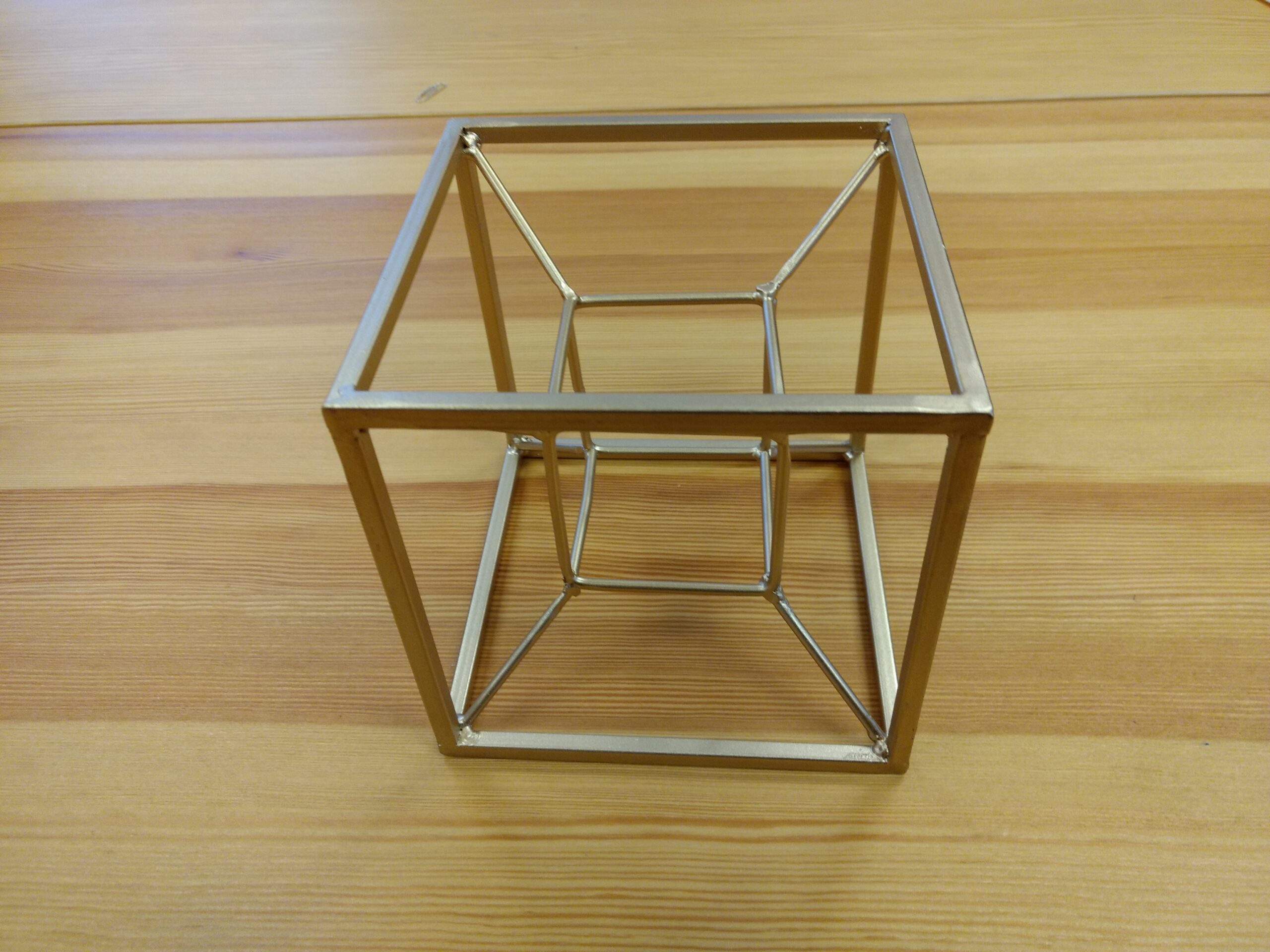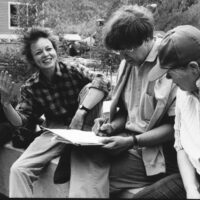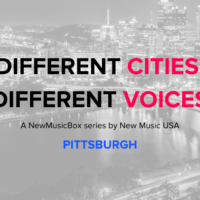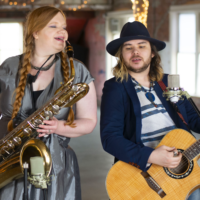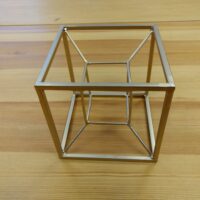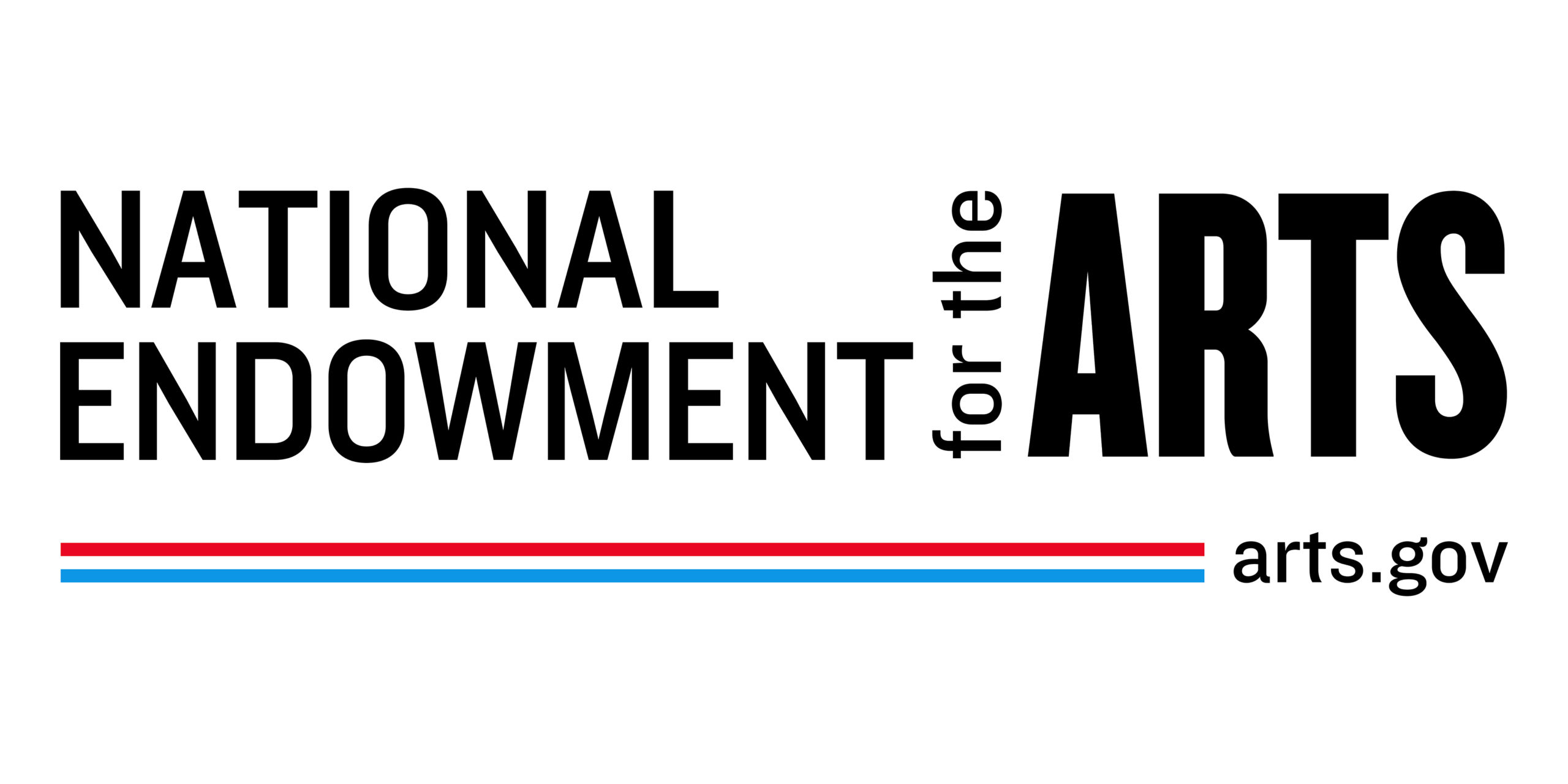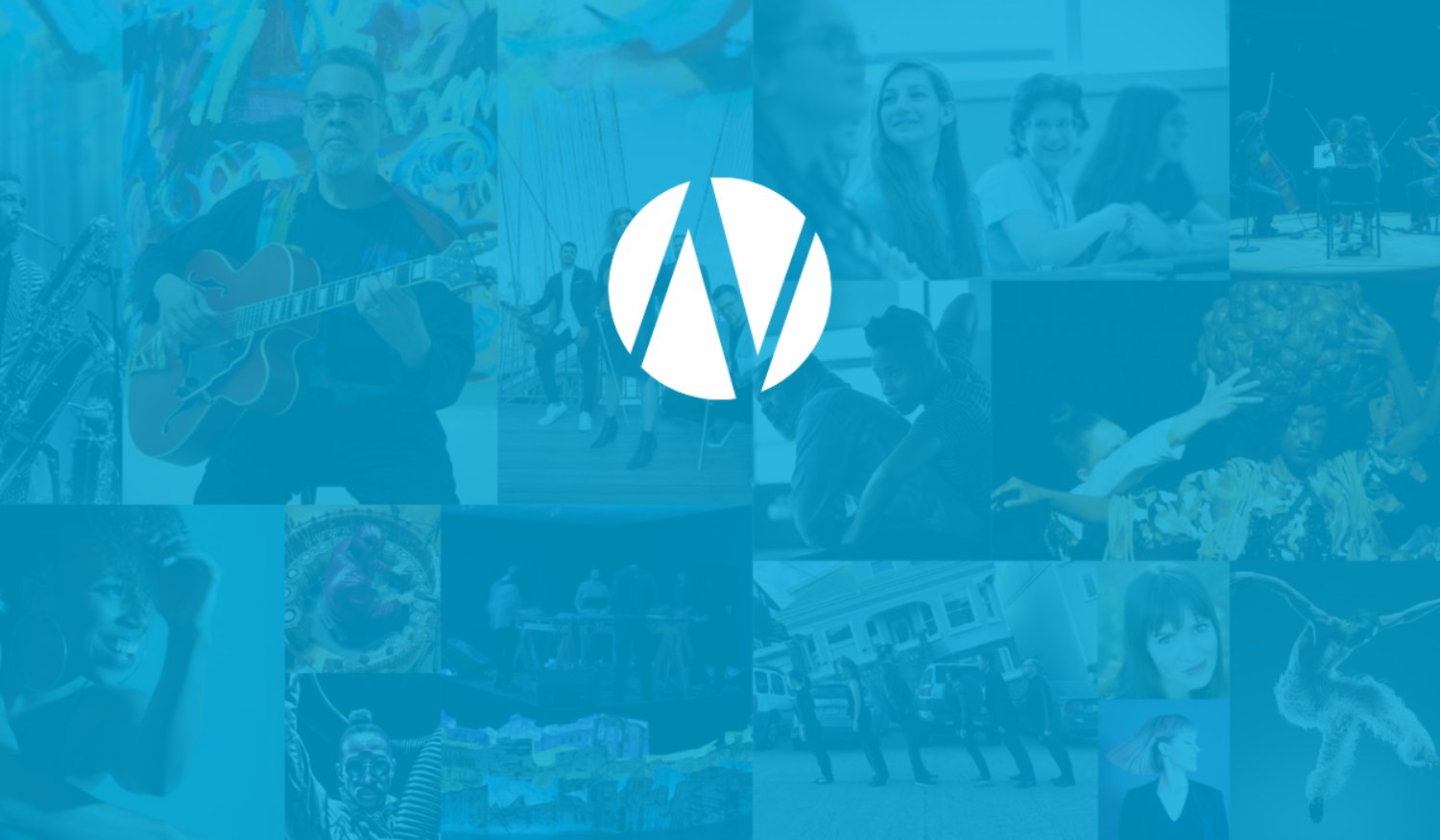
Composers Anthony Cheung and Jesse Benjamin Jones are among the winners of the 116th annual Rome Prize Competition. Recipients of the 2012-2013 Rome Prizes are provided with a fellowship that includes a stipend, a study or studio, and room and board for a period of six months to two years in Rome, Italy.

It’s our turn to grab the bullhorn by the “on” switch and give a shout out for the adventurous music we wouldn’t want to live without.

For now, I’m more or less a freelance composer, with all the uncertainty and freedom that implies. I graduated with a terminal degree (I love the morbidity of calling an education “terminal”) two years ago, which is just long enough ago that I’m finally beginning to feel somewhat objective about the whole experience.

While there have been many composers who have explored combining Western musical forms and orchestrations with elements from the art music of China, Japan, Iran, India, and Indonesia, very few have attempted a similar rapprochement with the music of Thailand. But the music of a Thailand-born composer now based in Kansas City, Narong Prangcharoen, has perhaps been the most effective thus far in seamlessly weaving Thai and Western classical idioms.

Over the past few years, I’ve been changing my approach to musical notation. As I have become more certain about my musical ideas, I’ve begun pushing against the constraints of the software, goading it along a path towards creating scores that convey these ideas as clearly as possible.

Although The Intimacy of Creativity in Hong Kong is, for all intents and purposes, a new music program featuring works by important international guest composers (Joan Tower and Mark O’Connor this year) as well as emerging composers from around the world (this year from Portugal, the U.K., HK, and three from the USA), the concert I attended also featured a piece by… Ludwig van Beethoven, specifically his Opus 11 Piano Trio. It was actually extraordinarily jarring.

Aaron Jay Kernis has been selected as the 2012 winner of the Michael Ludwig Nemmers Prize in Music Composition at the Bienen School of Music at Northwestern University, Dean Toni-Marie Montgomery announced today.

Videos preceded each piece on the Austin Symphony Orchestra’s second annual Texas Young Composers Concert program. They provided not only information about the background of the composer and the generation of the work, but also insight into the maturity and character of each artist.

I knew little about Wadada Leo Smith, other than that I wanted to know more about him. I was blown away by his clear and direct explanation of his musical philosophy and his method for composing long forms that allow for the greatest creative involvement by the performer vis-à-vis the performer’s simultaneous interpretation of Smith’s “musical language,” Ankhrasmation.

Most composers don’t realize that there are national standards, created by the National Association for Music Education (formerly MENC), that outline the skills that primary and secondary music educators should be able to teach to their students in the public schools and that “composing and arranging music within specified guidelines” is currently National Standard #4.

When I think about the variety of musical instruments among the world’s cultures, I can’t help but notice how one universal driving force behind the evolution of new musical technology has always been the search for louder sounds.

How do you decide about the quality of your material?

At NewMusicBox we make it a point to feature as much great new music as possible, so we thought it would be fun to start our own mix series, built from some of the new and recent recordings that travel across our desks, land in our inboxes and hook our ears out in the world.

The main reason to create a musical score is to convey our compositional ideas to other performing musicians. Of course, this postulation leads to the next question: What do we consider our compositional ideas?

What unifies all of Wadada Leo Smith’s projects is what also makes them so different from each other—Smith’s commitment to every musician having an individual sound.

This year’s smorgasbord of artists included a guitar ensemble from the conservatory, a one-man piano/percussion “duo,” a two-man guitar/percussion actual duo, an electro-acoustic ensemble with strings and electronics, and a band that was described as “hobbit rock.”

Three of the most important concepts that come up continually in regard to composition education are feasibility, relevancy, and sustainability.

While I try to focus on improvised (American) music in my posts as a stand-alone phenomenon practiced by a dedicated and rather large clique, the truth of the matter is that very little music is entirely improvised, yet most music includes a certain amount of improvisation.

The April 22 concert of music by Burr Van Nostrand in New England Conservatory’s Brown Hall didn’t include any explanation as to why Nostrand hadn’t composed any music since the early ’90s, nor why the music he had composed had lain unperformed for the same amount of time. Which was really something of a gift: this was music that simply seemed to reappear, pristine, unencumbered by the accumulated residue of a zigzag career.

The determination that a given piece of music is “finished” resides in the eye of the beholder, and it’s interesting to consider the varying levels of “doneness” deemed acceptable by composers of the past and present.

As much as folks claim we should be open to a multiplicity of musical ideas and influences, the talk is not always being walked.

4’33” is often regarded as an end, a philosophical cul-de-sac, but over the course of six decades the negation of music has proved fertile ground for many composers. This appears to have been particularly true in the last 20 years or so, as though the noise of the avant garde’s war of words had itself to subside into silence before we could appreciate 4’33” on its own terms.

This is my last post. Rereading my very first post—March 15, 2006—I’m reminded just how much time has passed since I started making these weekly attempts to better understand contemporary music.

John Bischoff is a composer celebrated for his work at the cutting edge of live computer music, explorations that can be traced back all the way to the late 1970s and his experiments with his first KIM-1. Audio Combine, the recent New World Records release of Bischoff pieces spanning 2004-2011, is an undeniable reminder that, though his roots run deep, his music hasn’t been anchored.
